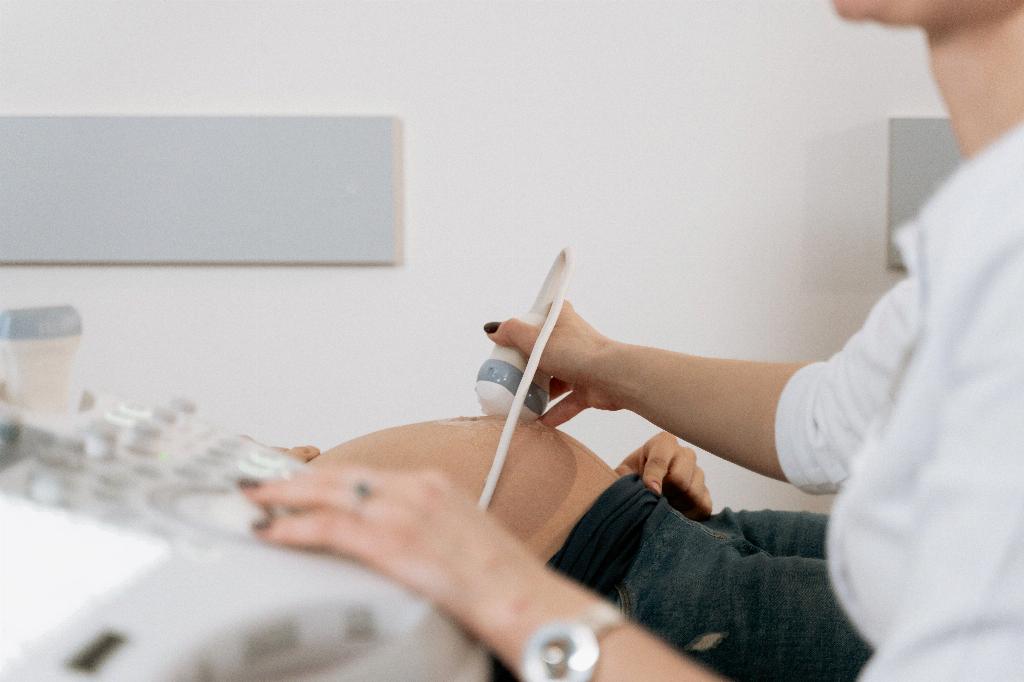When it comes to the way your stomach feels during pregnancy, it’s crucial to remember that every woman’s experience is unique. Whether you’re feeling the softness and suppleness of your belly or the firmness and tightness, it’s all part of the beautiful journey of pregnancy.
Softness vs. Tightness
At different stages of pregnancy, or even within the same day, you may notice variations in how your stomach feels. Some moments, your belly may feel soft and relaxed, while at other times, it could feel tight and firm. These fluctuations are completely normal and typically depend on various factors.
Factors Influencing Stomach Sensations
Several factors can influence how your stomach feels during pregnancy. Your body type, the position of your baby, the amount of amniotic fluid, and even the time of day can all play a role in the texture and firmness of your belly. Embrace these changes as signs of your body adapting to the growth and development of your baby.
Early Pregnancy Softness
During the early stages of pregnancy, your stomach may feel relatively soft as your body begins to accommodate your growing baby. The softness can be attributed to the stretching of your uterine muscles and the initial expansion of your abdomen to create space for the developing fetus.
Mid-Pregnancy Firmness
As your pregnancy progresses into the middle stages, you might notice your stomach feeling firmer and more rounded. This firmness is often due to the increasing size of your uterus and the expanding amniotic fluid surrounding your baby. The sensation of tightness can be more pronounced during this phase.
Late Pregnancy Changes
In the later stages of pregnancy, your stomach may feel both firm and taut as your baby continues to grow and your uterus expands to its maximum capacity. The pressure exerted by the growing fetus against the walls of your abdomen can contribute to a sensation of tightness and fullness.
Understanding Braxton Hicks Contractions
As you approach the end of your pregnancy, you may also experience Braxton Hicks contractions, which can further influence how your stomach feels. These practice contractions can cause your abdomen to tighten temporarily, mimicking the sensation of a firm belly.
When to Seek Medical Advice
While fluctuations in the firmness of your stomach are typically common during pregnancy, certain symptoms may indicate a need for medical attention. If you experience severe abdominal pain, persistent cramping, abnormal swelling, or a significant decrease in fetal movements, consult your healthcare provider promptly.
Embracing the Changes
Throughout your pregnancy journey, it’s essential to embrace the changes in how your stomach feels. Your body is undergoing a remarkable transformation to nurture and support the growth of your baby. Listen to your body, prioritize self-care, and trust in the natural process of pregnancy.
Conclusion
In conclusion, the way your stomach feels during pregnancy can vary widely and is influenced by a multitude of factors. Embrace the softness, firmness, and changes in texture as signs of your body adapting to the miraculous process of growing a new life. Remember to seek medical advice if you have any concerns regarding the sensations in your stomach throughout pregnancy.

